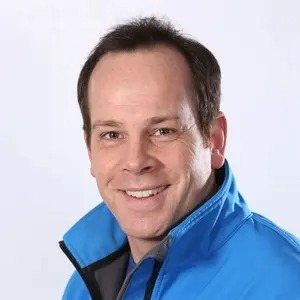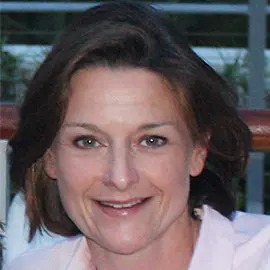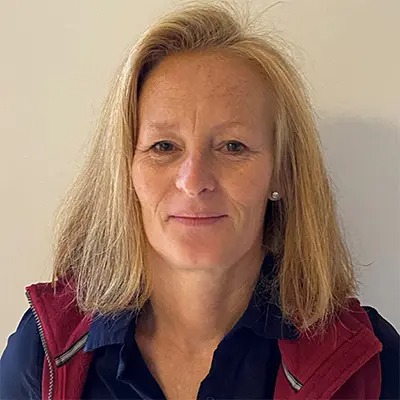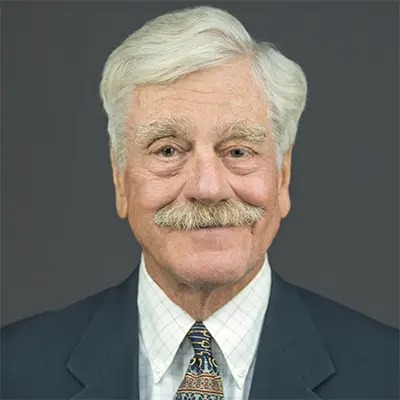End of Life Decision Making
Species
Equine
Contact Hours
3 Hours - RACE Approved
Early Booking Deadline
Fri, 12 July, 2024
Registration Deadline
Wed, 31 July, 2024
Language
English
Discipline
Emergency & Critical Care
Geriatrics
Veterinary Partners
Global



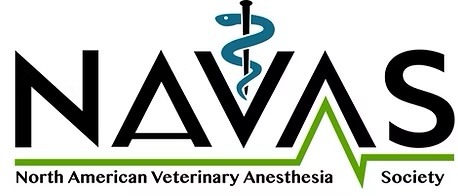
Recorded: 19th November 2024
Panelists:
Jonathan Anderson BVM&S, DACVS, MRCVS - Rainbow Equine Hospital, UK
Sarah Freeman DVM, PhD, DECVS - University of Nottingham, UK
Harry Werner VMD - Grand Prix Equine, USA
Moderator:
Madeleine Campbell BVetMed(Hons), MA(Oxon), MA (Keele), PGCertVetEd, PhD, DECAR, DECAWBM (AWSEL), FHEA, FRCVS - Nottingham University, UK
PANEL DISCUSSION DESCRIPTION
End-of-life decision making is an integral aspect of veterinary medicine. While the process may be straightforward in certain cases to prevent prolonged and unnecessary suffering, determining the most appropriate course of action in end-of-life situations can be challenging. Approaches often vary among veterinarians based on their experience, background, and geographic location, with the latter influenced by societal and cultural factors, professional codes of conduct and rules/legislation. Further, navigating the interests of multiple stakeholders as well as the complexity of ascertaining whether a horse’s life is worth living, may lead to misalignment and lack of consensus. In this panel discussion, four handpicked distinguished experts will debate where and why these differences exist, the contributing factors, and share their knowledge, experience and perspectives on this important subject.
Jonathan Anderson is a director and surgeon at the Rainbow Equine Hospital. He is a Royal Veterinary College Equine Surgical Specialist, a Diplomate of the American College of Veterinary Surgeons and an FEI Veterinary Delegate.
Jonathan graduated from the Edinburgh’s Royal School of Veterinary Studies in 2000, completed an internship year at the San Luis Rey Equine Hospital in California, before moving to the Rainbow Equine Hospital in the UK for 3 years. He went back Stateside to undergo a large animal clinical fellowship at Oregon State Veterinary Teaching Hospital followed by an Equine Surgical Residency at the University of California, Davis. He achieved diplomate status in 2009, remained as a clinical instructor at UC Davis for a year before moving back to the Rainbow Equine Hospital at the end of 2009 to join the surgical team. He has been involved in advancing the use of CT both as diagnostic and intra-operative imaging modality within the equine veterinary field. His main veterinary interests include all things orthopaedic which includes the evaluation, advanced imaging and surgical treatment of horses with cervical stenosis. He is keen to see a sharing of knowledge and equipping of equine vets to recognise and treat horses with this condition.
His biggest asset is his long suffering wife Naomi and he kind of helps to manage a brood of 5 kids which means little time for any other activities although a run in the mountains every so often is where he likes to recharge his batteries once again!
More Info
Madeleine is a RCVS and European EBVS Specialist in Animal Welfare Science, Ethics and Law. She is Professor of Veterinary Ethics at Nottingham University School of Veterinary Medicine and Science, currently Chairs the independent Animal Welfare Committee which advises Defra and the Scottish and Welsh governments, and through a number of appointments provides advice to various organisations including the Greyhound Board of Great Britain, the British Equestrian Federation, the British Horseracing Authority and the FEI. Madeleine's clinical background is in veterinary reproduction, and her research interests include the ethical issues surrounding the use of assisted reproductive technologies in non-human animals, and the use of non-human animals in competitive sport. More Info
Sarah Freeman graduated from the Royal Veterinary College, University of London in 1994. Following a year working in mixed practice in Suffolk, she returned to the Royal Veterinary College in 1995 as a postgraduate student in the Equine Hospital. She obtained a PhD in equine anaesthesia, the RCVS Certificates in Veterinary Anaesthesia, Veterinary Radiology and Equine Soft Tissue Surgery. She became a lecturer in Equine Surgery at the Royal Veterinary College in 1999, and became a Member of the Institute of Teaching and Learning in 2002. Between 2002 and 2005, Sarah was self-employed undertaking consultancy veterinary education and clinical work. She became a Diplomate of the European College of Veterinary Surgeons in 2005. She joined the School of Veterinary Medicine and Science, University of Nottingham in 2005, and was involved in much of the early planning and delivery of the new curriculum.
Current role at Nottingham includes undergraduate teaching in Yrs 1-5, and research based around clinical disease (equine colic, wounds and critical decision-making, and canine reproduction), undergraduate education and human-animal interaction.
Sarah was awarded a personal Chair in 2014, and is a Professor of Veterinary Surgery at the School of Veterinary Medicine and Science. She was awarded a Fellowship of the Royal College of Veterinary Surgeons in 2017 for meritorious contributions to clinical practice, and won the RCVS Impact award in 2019 for her work within the REACT colic campaign.
More InfoFollowing his lifelong passion for animal care and welfare, Dr. Werner attended the University of Pennsylvania’s School of Veterinary Medicine, studying under prominent veterinarians and New Bolton Center master farrier, Jack Anderson.
While attending veterinary school, he worked at racetracks and horse shows along the Eastern U. S. coast. Graduating from Penn in 1974, Dr. Werner was an associate veterinarian in a Connecticut mixed animal veterinary practice.
In 1979, he created Werner Equine to offer skilled veterinary care for horses in southern New England. Dr. Werner’s special focuses include lameness, prepurchase examination, diagnostic imaging, equine welfare issues, wellness care, dentistry, acupuncture and consulting on cases referred by veterinarians, trainers, farriers and others.
After serving the American Association of Equine Practitioners in numerous positions over 30 years, Dr. Werner was the 2009 President of AAEP. He is currently a member of the American Veterinary Medical Association Welfare Committee, is on the board of the World Equine Veterinary Association and is AVMA Liaison to the Unwanted Horse Coalition. In 2013, Dr. Werner was elected to the International Equine Veterinarians Hall of Fame sponsored by the American Farriers Journal.
Dr. Werner speaks internationally on numerous topics including Lameness in Sport Horses, Prepurchase Examination, Equine Welfare Issues, Farrier-Veterinarian Relationships and Lyme disease. He has authored numerous articles in veterinary publications on subjects that include Equine Lyme disease, Prepurchase Examination, The Farrier-Veterinarian Relationship and other equine practice related topics.
Pursuing his equine welfare interest, Dr. Werner helped initiate the International Forum for Working Equids with 2009 British Equine Veterinary Association President Chris House. Dr. Werner also participates in the working equid project in the Dominican Republic, Project Samana.
Qualified Vet
Online Panel Discussion
USD 95.00
Intern/Resident/PhD (Requires proof of status)
Online Panel Discussion
USD 70.00
Vet Nurse/Vet Tech (Requires proof of status)
Online Panel Discussion
USD 70.00
Veterinary Student (Requires proof of status)
Online Panel Discussion
USD 20.00
If the options you are looking for are unavailable, please contact us.
No tax will be added unless you are a UK taxpayer
Choose currency at checkout



